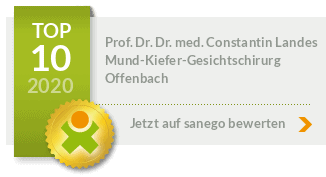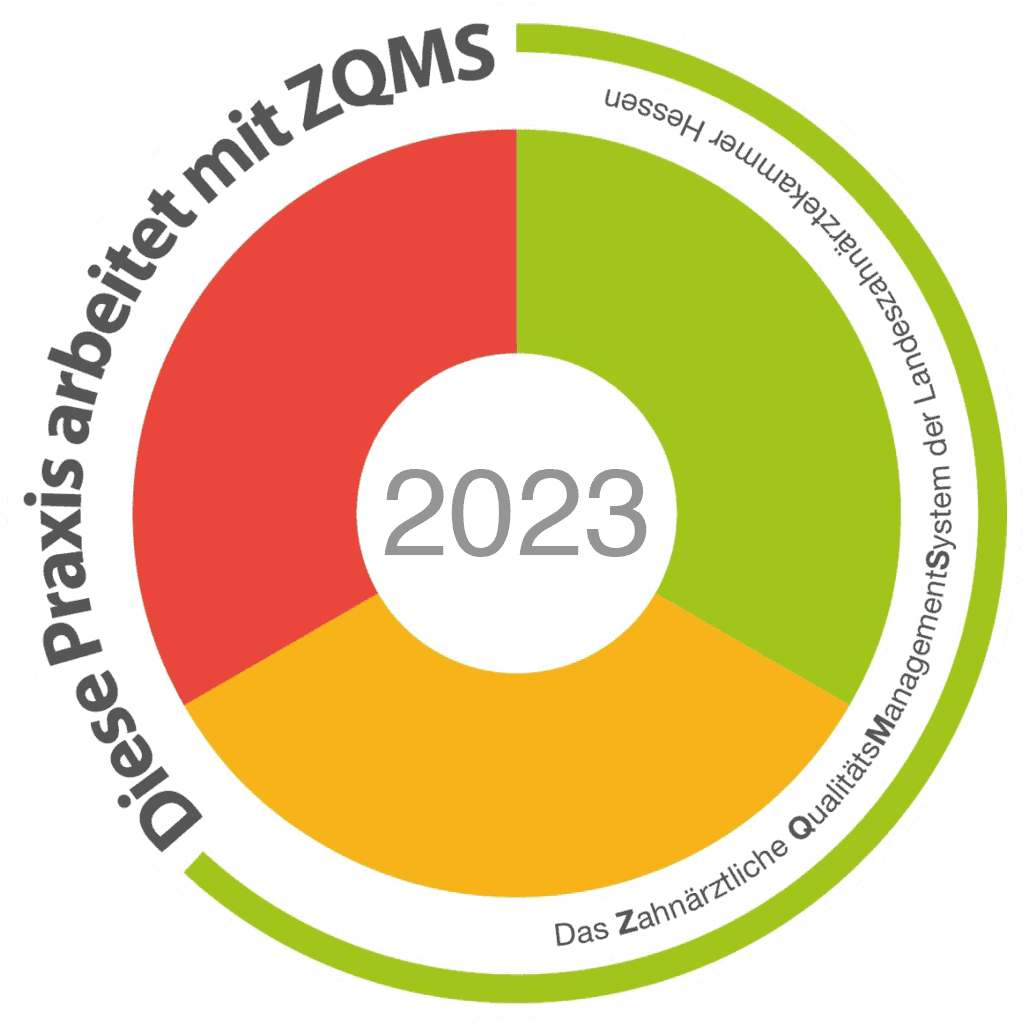Removal of wisdom teeth (osteotomies)
Wisdom teeth have nothing to do with wisdom. Rather, they were so named because they do not erupt through the jaw until early adulthood, usually between the ages of 16 and 18, as the last four of the molars. Often, however, they do not even appear, but remain hidden in the jaw, unnoticed under the gums. However, if they do not have enough space in the jaw, tooth displacement, and rarely inflammation, abscesses, cysts or jaw fractures can occur. Every day, people come to us to have their wisdom teeth removed for the reasons described above. This is therefore one of our most frequent routine procedures, where we use state-of-the-art instruments for particularly low-vibration, effective treatment.
The procedure is usually carried out under local anaesthetic.
We treat bones with gentle ultrasound, demonstrated here on a raw egg. As an alternative to ultrasound bone treatment, we use the microsaw, especially in jaw bone augmentation (right or second video).
Are you looking for help?
We will be happy to advise you on the possibilities of conservative or surgical treatment of your health problem affecting the mouth, jaw or facial area. We’re happy to help! You can reach the Landes & Kollegen Practice by telephone on +49 (0) 69 8405-1380 or by e-mail.
All planned surgical treatments are preceded by a detailed consultation, which can also take place several times and repeatedly.
We speak German, English, French, Spanish, Arabic and Portuguese.
Our regular office hours are:
Monday, Tuesday, Thursday: 8:00 – 17:00, Wednesday: 8:00 – 13:00, Friday: 8:00 – 16:00
as well as our fast-track consultations on Tuesday, Thursday and Friday, between 8:00 and 9:00 each day!

The new me as a 3D simulation
Design your own dream face! Simply upload selfies, simulate them free of charge with the Crisalix 3D software and bring them to your appointment with us!





